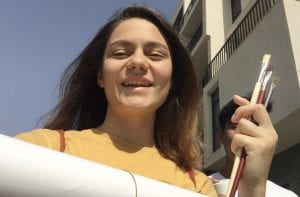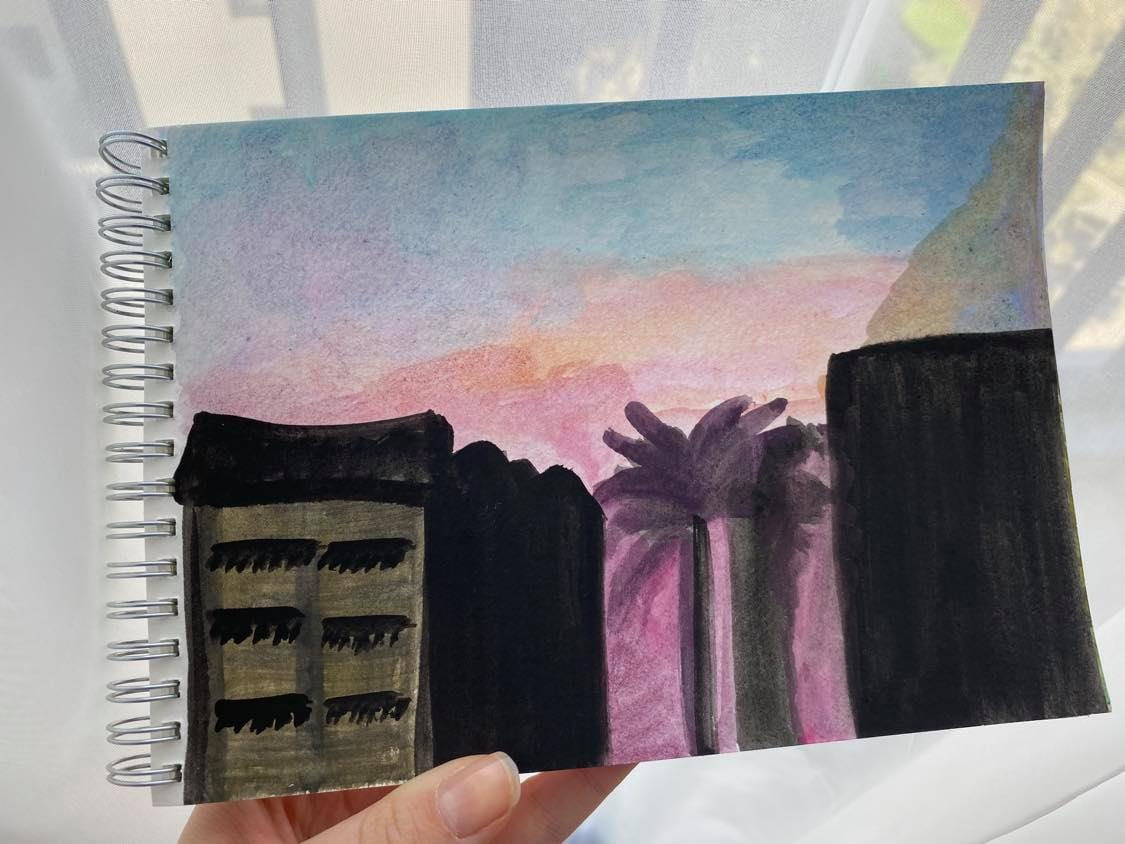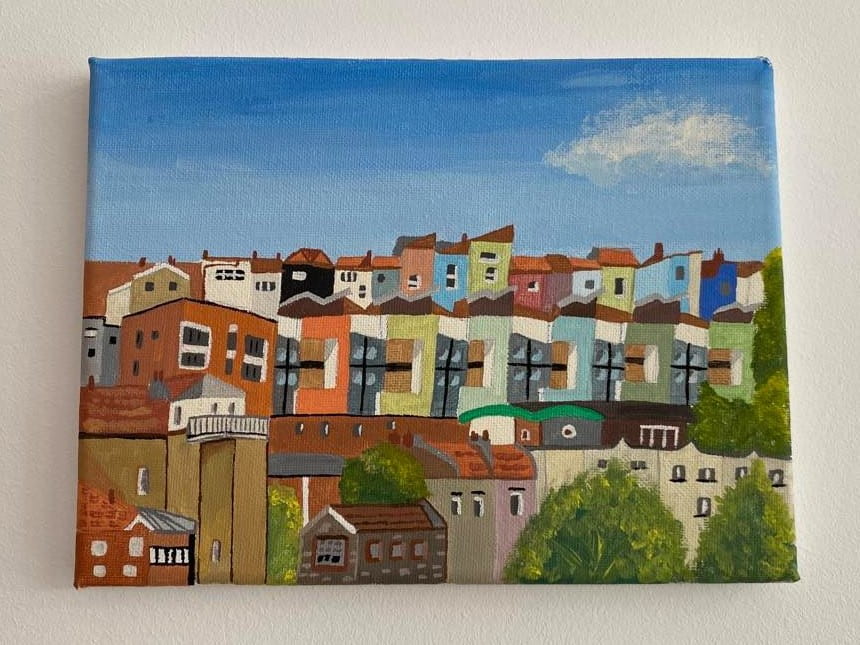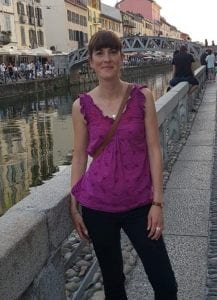
In this blog post Student Advocate Helen March (History) explores study spaces in the city outside of the University.
The university libraries are a great place to study during term time, but they can get super busy. This can make it a real challenge to get your work done, especially during exam time. Here’s a few suggestions of places you can go when the libraries are full up and you’re struggling to find a place to knuckle down.
1. Bristol Central Library Reading Room
A great place to start with is the central library just off college green. Tucked out the way of the University, the library is really quiet during weekdays and has a beautiful reading room.
Sign up for a free library card and you can have access to their wifi and stay there all day. The staff are really lovely and there’s even a coffee shop on the ground floor!

2. Clifton Library
Did you know there’s a library in Clifton Village? Neither did I until this year! Tucked between cafes and pubs, the library is small, but generally really quiet. Plus, there’s loads of pubs nearby to grab a quick pint at the end of a long study day.
3. The Cloakroom Cafe
This quirky cafe was once an Edwardian public loo! Located just down the hill from the university, it’s a great place to get your reading done away from the bustle of students trying to find their lectures. Top Tip – The hot chocolate here is amazing!
4. The Botanical Gardens
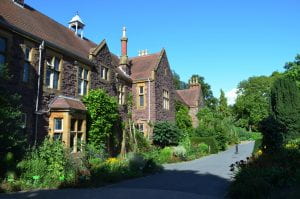
If you live in Stoke Bishop, you might want somewhere a bit closer to you! When I lived up there, I often found it hard to find space in the Hiatt Baker study centre. Instead, why not head over to the Botanical Gardens, (Don’t worry I’m not telling you to try and work in a flower bed!).
They’ve got a lovely cafe hidden round the back of the building, where you can get your work done in a peaceful environment!
5. The Arnolfini
The Arnolfini is primarily an art gallery, but it’s also got a cafe which is great for studying in. Located on the docks, it’s a scenic place to watch boats go by whilst you struggle to work out that problem you just can’t get your head round. Plus, you can take a break to look round some of their amazing exhibits!

